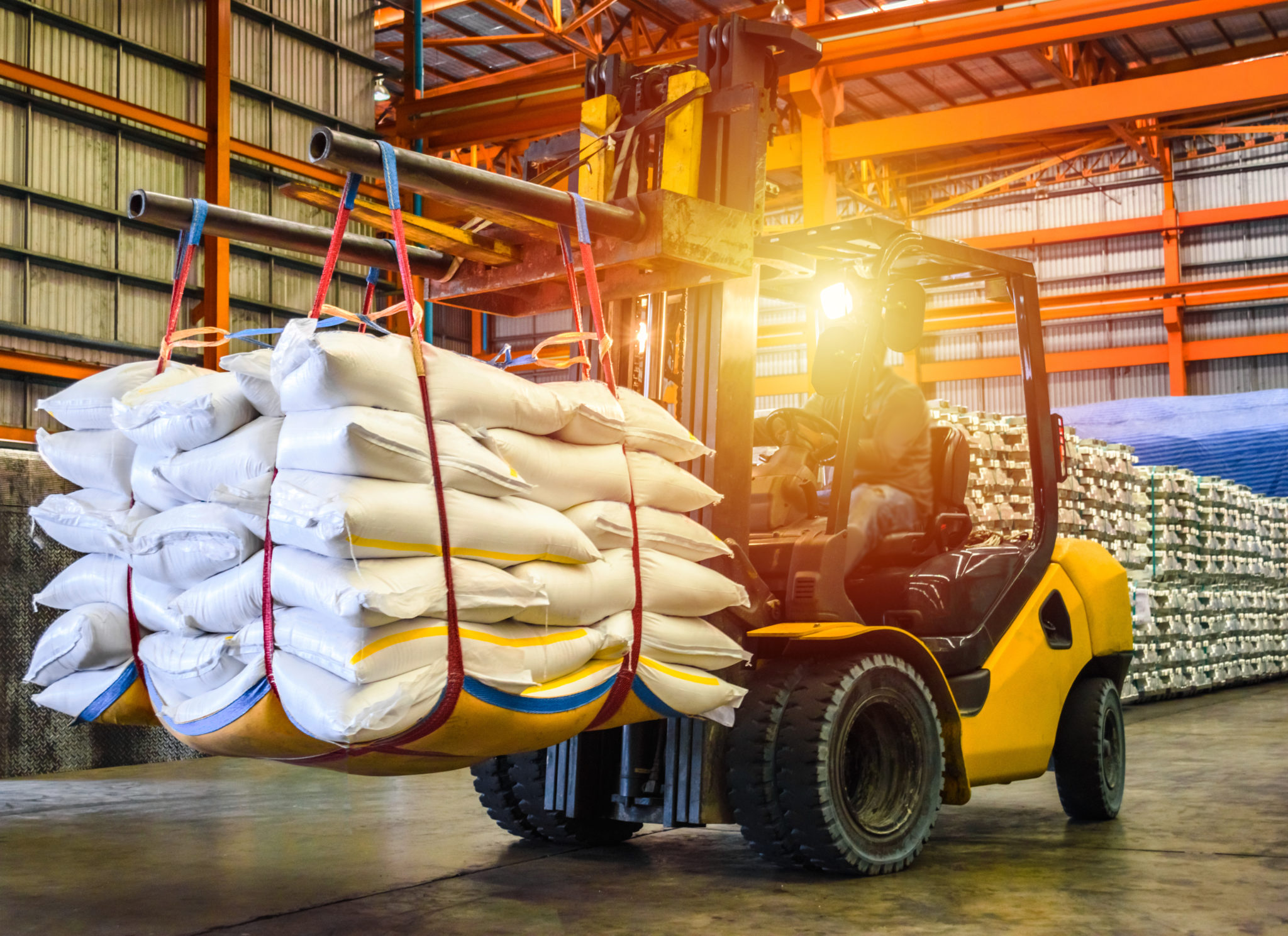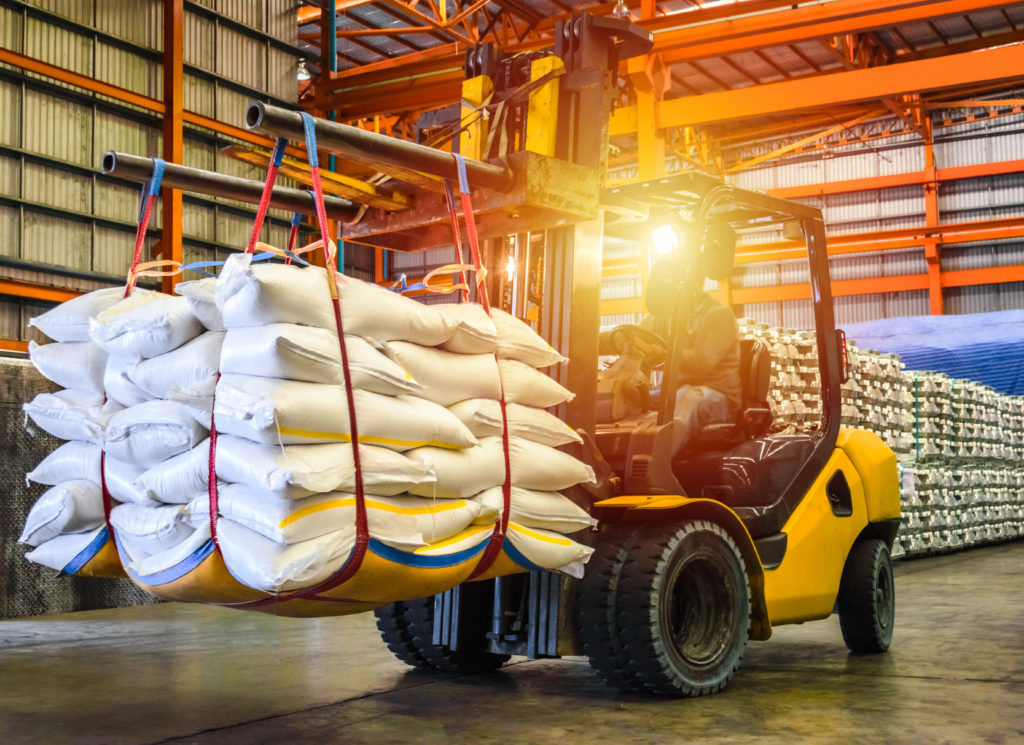Trade barriers and domestic subsidies have always been part of global farm policies but, since the 2000s, their impact on Australia’s global competitiveness has not been quantified. A new AgriFutures Australia-funded study fills a knowledge gap in the current cost of trade subsidies, arming our rural industries and governments with evidence to inform trade negotiations and policy discussions going forward.
The report International agriculture subsidies and their impact on Australian agriculture, developed by internationally-renowned authors Kym Anderson and Ernesto Valenzuela, found that Australian farmers are on the losing end when it comes to global farm support policies.
While Australia is a non-subsidising agricultural export country, the most recent data shows that farm subsidies and import barriers abroad lowered Australia’s net farm incomes by 15 per cent and reduced its farm exports by 29 per cent.
AgriFutures Australia Senior Manager, Business Development, Jen Medway said the findings were timely given the recent uncertainty around global markets and Australia’s continued reliance on trade as a key driver towards the $100 billion farm gate growth target set by the National Farmers’ Federation.
“The findings equip our industries, policy makers and governments with the knowledge to negotiate better trade deals for Australian farmers, fishers and foresters.
“We’re increasingly connected with, and competing against, our farming peers across the globe and there’s no better time for the Australian agricultural community to reassess the impacts of global trade policies. Even small wins can have significant flow-on effects to producers on the ground,” said Ms Medway.
Report author Kym Anderson said the report’s key recommendations highlighted the important role of government trade negotiators in ensuring Australian agricultures’ global competitiveness.
“We shouldn’t solely focus on tariff barriers when negotiating free trade agreements, the research showed that domestic farm subsidies in competing countries are also significant impediments to Australia’s global competitiveness. We need to periodically review the global policy environment and take a proactive approach to leveling the international playing field via multilateral, regional and bilateral trade agreements,” said Mr Anderson.











